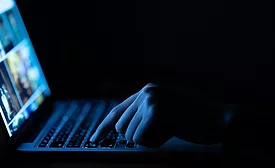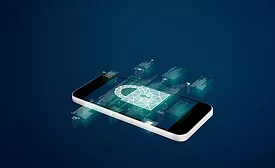Cybersecurity News
New research shows growing risk of data exposure
Along with insider threats related to a potential "Great Resignation," Netskope report covers increased cloud application security risks, from malware delivery to third party plugins
July 21, 2021
Sign-up to receive top management & result-driven techniques in the industry.
Join over 20,000+ industry leaders who receive our premium content.
SIGN UP TODAY!Copyright ©2026. All Rights Reserved BNP Media.
Design, CMS, Hosting & Web Development :: ePublishing









